Demerit Points for Not Stopping for Police FAQ
When it comes to traffic violations, not stopping for the police is considered a serious offense with significant consequences. In Canada, the demerit point system is in place to monitor drivers’ behavior on the road, and failing to stop for police carries a high number of demerit points.
Key Takeaways:
- Failing to stop for the police can result in demerit points on your driving record.
- The demerit point system monitors drivers’ behavior on the road in Canada.
- Accumulating too many demerit points can lead to license suspension or revocation.
- Demerit points for failing to stop for police are a serious traffic violation.
- Understanding the consequences of not stopping for police is essential for responsible driving.
Understanding the Demerit Point System
The demerit point system is an essential component of maintaining safe driving practices and promoting responsible behavior on the roads. Administered by the Ontario Ministry of Transportation, this system is applicable to all individuals driving in Ontario who have been convicted of offenses under the Highway Traffic Act.
The primary objective of the demerit point system is to encourage drivers to continually improve their driving skills and demonstrate responsible conduct while operating a motor vehicle. By assigning demerit points to traffic offenses, the system aims to discourage reckless driving behavior and prevent the abuse of driving privileges.
Under this system, demerit points are accumulated on a driver’s record for each offense committed. The number of demerit points varies depending on the severity of the violation, with more points assigned for more serious offenses.
It’s important to note that demerit points can have significant consequences for a driver’s license and insurance premiums. Accruing too many demerit points can lead to the suspension or revocation of driving privileges.
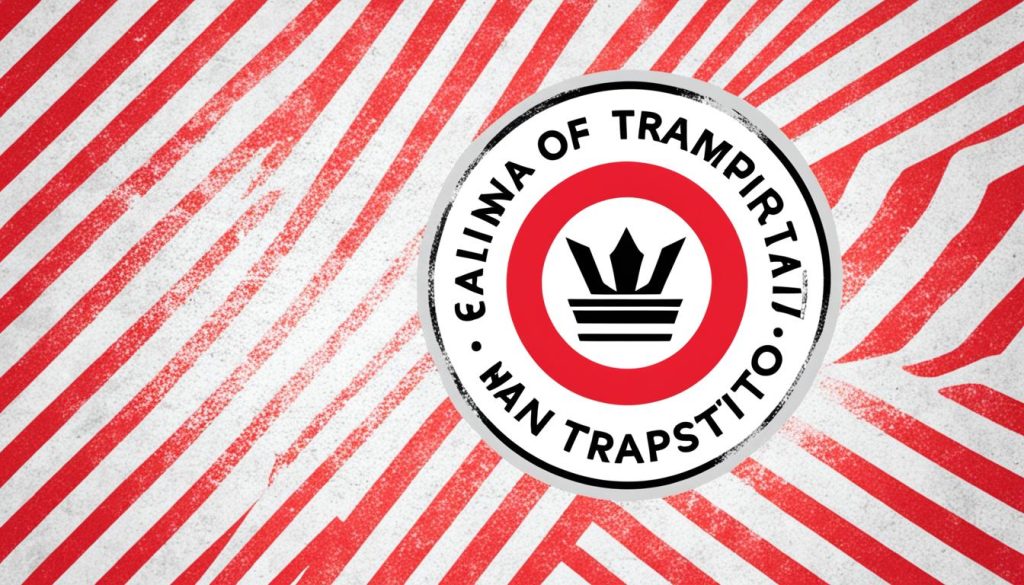
How Does the Demerit Point System Work?
When a driver is convicted of a traffic offense, demerit points are added to their driving record. The number of points assigned depends on the offense committed. For example, speeding may result in two or more demerit points, while a more severe offense like impaired driving can lead to an immediate suspension of driving privileges.
It’s important to familiarize yourself with the demerit point system and understand the consequences of specific violations. By doing so, you can strive to maintain a clean driving record and avoid accumulating demerit points that may have adverse effects on your driving privilege.
| Offense | Demerit Points |
|---|---|
| Exceeding the speed limit | 2-7 points |
| Careless driving | 6 points |
| Running a red light | 3 points |
| Failure to yield | 3 points |
Understanding the demerit point system is crucial for all drivers. By being aware of the consequences of traffic violations, we can strive to maintain our driving privileges and contribute to safer roads for everyone.
How Demerit Points Are Applied
Demerit points are applied differently for novice drivers and fully licensed drivers. Understanding how demerit points are assigned can help drivers navigate the consequences of their actions and make informed decisions on the road.
Novice Drivers
Novice drivers, such as those with G1 or G2 licenses, face stricter consequences for accumulating demerit points. This is because they are still in the process of gaining experience and building their driving skills. For novice drivers, the accumulation of demerit points can result in more severe penalties compared to fully licensed drivers.
A warning letter may be issued to novice drivers who accumulate 2-8 demerit points. This letter serves as a reminder to improve their driving behavior and avoid further infractions. However, if a novice driver accumulates 9 or more demerit points, their license may be suspended. This suspension is intended to provide an opportunity for the driver to reflect on their actions and take steps to improve their driving skills.
Fully Licensed Drivers
Fully licensed drivers, who have completed the graduated licensing system and obtained their full driver’s license, have more flexibility when it comes to accumulating demerit points. They can accumulate up to 15 demerit points without facing an immediate license suspension.
While fully licensed drivers have more leeway in terms of demerit points, it’s important for them to remember that excessive points can still lead to penalties such as increased insurance premiums or further consequences from their insurance provider.
Demerit Points Chart
It’s helpful for both novice and fully licensed drivers to refer to the demerit points chart to understand the number of points associated with different offenses. This chart provides a comprehensive list of common charges and the corresponding demerit points for each offense.
| Offense | Demerit Points |
|---|---|
| Speeding | 2-4 |
| Failure to stop at a red light | 3 |
| Improper lane change | 2-3 |
| Following too closely | 4 |
| Driving without a seatbelt | 2 |
By referring to the demerit points chart, drivers can gain a better understanding of the potential consequences they may face for different traffic offenses and make more informed decisions on the road.
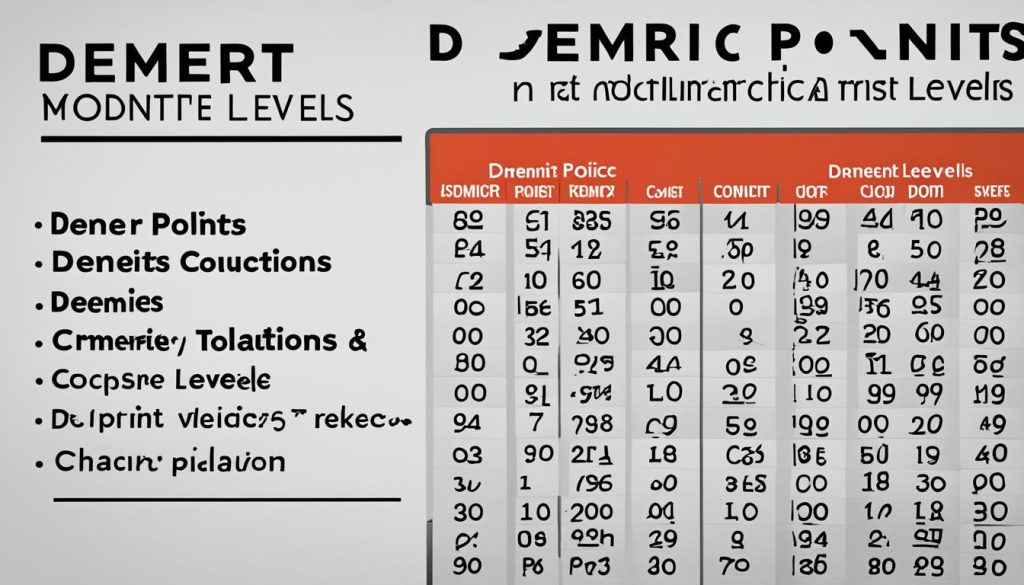
Penalties for Demerit Points
When it comes to demerit points, the consequences can be significant. The penalties for accumulating demerit points depend on the number of points that are added to a driver’s record. For fully licensed drivers, accumulating 6-8 demerit points may result in a warning letter. However, if a driver accumulates 15 or more demerit points, they may face a 30-day license suspension.
Novice drivers, such as those with G1 or G2 licenses, face similar consequences for accumulating demerit points. However, their point thresholds are lower. For example, novice drivers may receive a warning letter for as few as 2-8 demerit points, and a license suspension for accumulating 9 or more points.
It’s important to note that the consequences of demerit points extend beyond just license suspensions. Accumulating demerit points can also have an impact on insurance premiums. Insurance providers often consider a driver’s record and convictions when determining insurance rates, meaning that accumulating demerit points can lead to increased insurance premiums.
| Demerit Points | Consequences for Fully Licensed Drivers | Consequences for Novice Drivers |
|---|---|---|
| 6-8 | Warning letter | 2-8 points: Warning letter |
| 15 or more | 30-day license suspension | 9 or more points: License suspension |
Escalating Penalties for Novice Drivers
Novice drivers, such as those with G1 or G2 licenses, face escalating penalties for certain offenses. These penalties become increasingly severe with each repeated offense, emphasizing the importance of safe driving habits for new drivers.
For a first offense, novice drivers may experience a 30-day license suspension. This suspension serves as a reminder of the seriousness of the offense and the need for improved driving behavior.
If a novice driver commits a second offense, the penalties escalate further, potentially resulting in an extended license suspension and additional requirements, such as defensive driving courses.
However, the consequences become even more severe for a third offense. At this stage, a novice driver can face the complete loss of their license, requiring them to start over from the beginning of the graduated licensing program. This consequence serves as a strong deterrent to ensure that novice drivers learn from their mistakes and adhere to safe driving practices.
These escalating penalties align with the graduated licensing requirements in place to protect new drivers and encourage responsible driving behavior. By enforcing stricter penalties for repeated offenses, novice drivers are more likely to develop good habits and prioritize road safety.
As Table 1 illustrates, the escalating penalties for novice drivers help reinforce the importance of safe driving practices and the need for responsible behavior on the road.
| Offense | First Offense | Second Offense | Third Offense |
|---|---|---|---|
| License Suspension | 30 days | Extended suspension | Complete loss of license |
| Additional Requirements | N/A | Defensive driving courses | Restart graduated licensing program |
Out-of-Province Demerit Points
When it comes to demerit points for traffic violations, it’s important to understand that demerit points received in other Canadian provinces, the State of New York, or Michigan are treated the same as if the offenses happened in Ontario. What this means is that out-of-province demerit points can have the same consequences as Ontario demerit points, including potential license suspension.
It’s worth noting that insurance companies focus on convictions rather than the demerit points themselves when determining insurance rates. This means that even if you only received a few demerit points for a particular offense, it’s still possible that your insurance premiums could be impacted. Any traffic ticket, regardless of the number of demerit points, can have insurance implications.
So, whether you’re driving in Ontario or another province or state, it’s crucial to understand the demerit point system and the potential consequences associated with traffic offenses. Safe and responsible driving not only keeps you and others on the road safe but also helps ensure that your driving privileges and insurance rates remain unaffected.
- Canada Arrest Protocol: What Police Say Upon Arrest - June 12, 2025
- Can Police Disclose Who Reported You? Find Out Here - June 6, 2025
- 2025 Window Rebates Ontario: How to Save Money While Replacing Windows and Doors - April 24, 2025

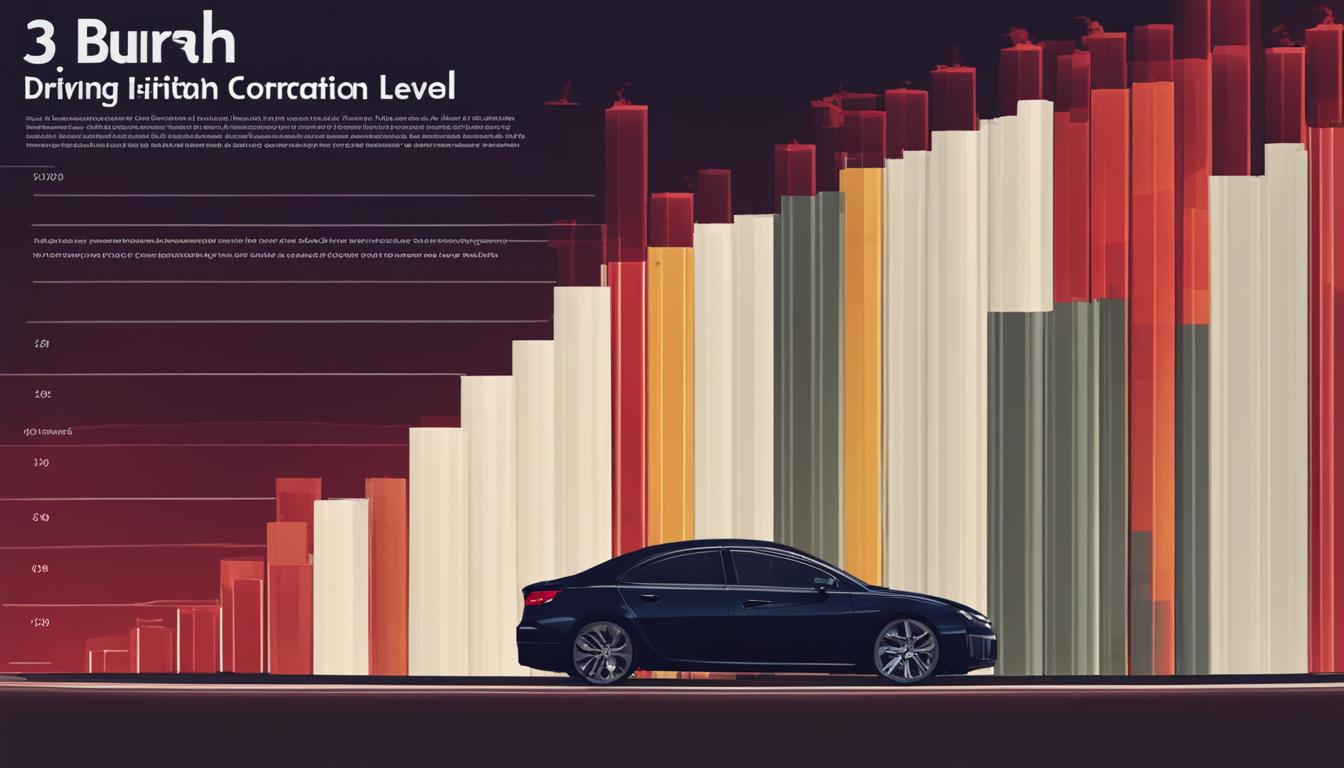



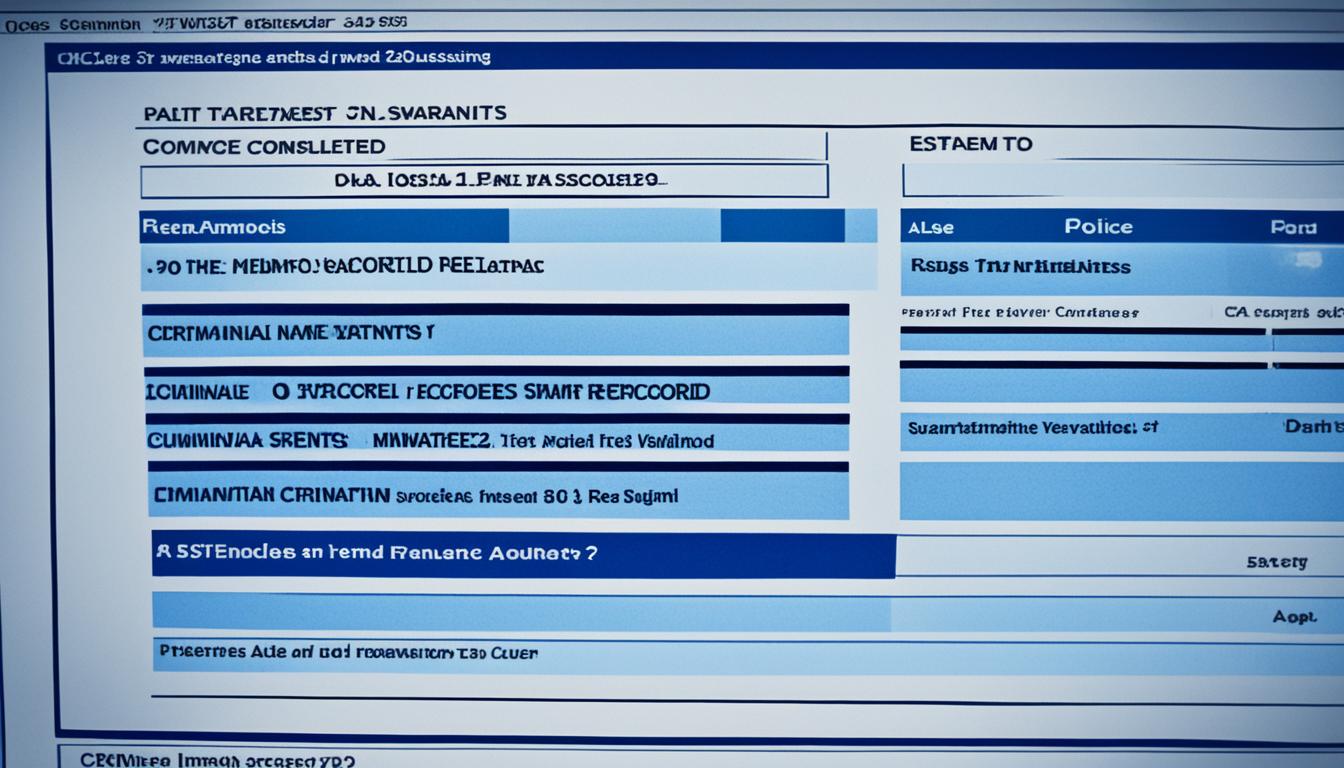


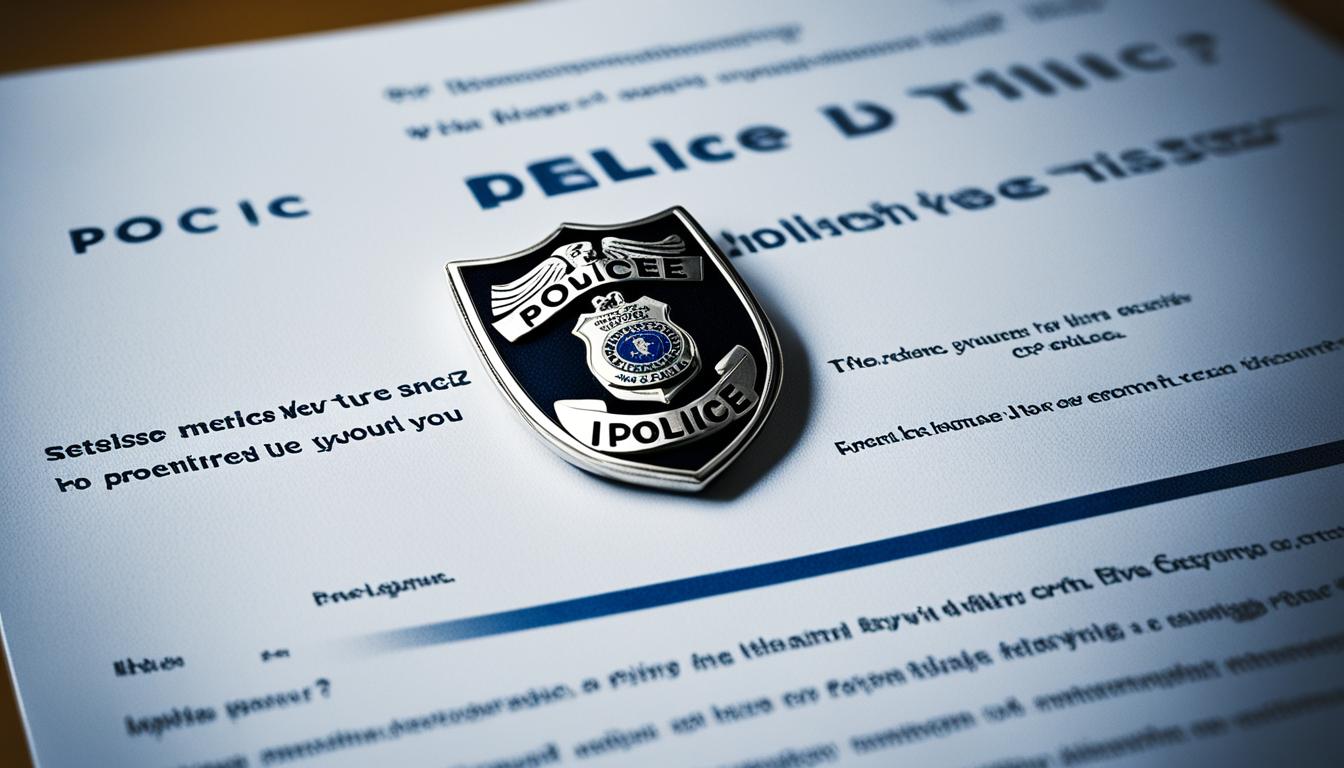











Post Comment